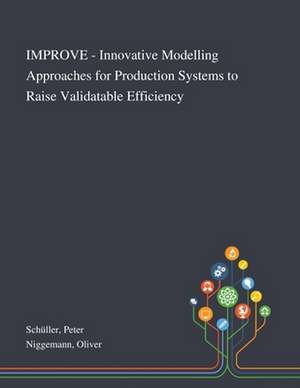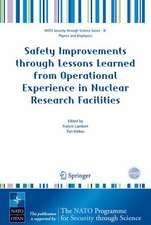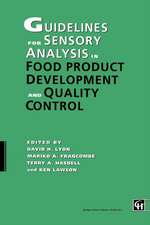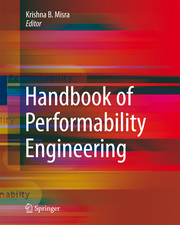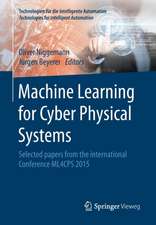IMPROVE - Innovative Modelling Approaches for Production Systems to Raise Validatable Efficiency
Autor Peter Schüller, Oliver Niggemannen Limba Engleză Paperback – 7 oct 2020
| Toate formatele și edițiile | Preț | Express |
|---|---|---|
| Paperback (2) | 249.48 lei 6-8 săpt. | |
| Saint Philip Street Press – 7 oct 2020 | 249.48 lei 6-8 săpt. | |
| Springer Berlin, Heidelberg – 31 aug 2018 | 633.84 lei 6-8 săpt. | |
| Hardback (1) | 337.49 lei 6-8 săpt. | |
| Saint Philip Street Press – 7 oct 2020 | 337.49 lei 6-8 săpt. |
Preț: 249.48 lei
Nou
Puncte Express: 374
Preț estimativ în valută:
47.74€ • 51.05$ • 39.80£
47.74€ • 51.05$ • 39.80£
Carte tipărită la comandă
Livrare economică 17 aprilie-01 mai
Preluare comenzi: 021 569.72.76
Specificații
ISBN-13: 9781013270864
ISBN-10: 101327086X
Pagini: 130
Dimensiuni: 216 x 280 x 7 mm
Greutate: 0.32 kg
Editura: Saint Philip Street Press
ISBN-10: 101327086X
Pagini: 130
Dimensiuni: 216 x 280 x 7 mm
Greutate: 0.32 kg
Editura: Saint Philip Street Press
Cuprins
Concept and Implementation of a Software Architecture for Unifying Data Transfer in Automated Production Systems.- Social Science Contributions to Engineering Projects: Looking Beyond Explicit Knowledge Through the Lenses of Social Theory.- Enable learning of Hybrid Timed Automata in Absence of Discrete Events through Self-Organizing Maps.- Anomaly Detection and Localization for Cyber-Physical Production Systems with Self-Organizing Maps.- A Sampling-Based Method for Robust and Efficient Fault Detection in Industrial Automation Processes.- Validation of similarity measures for industrial alarm flood analysis.- Concept for Alarm Flood Reduction with Bayesian Networks by Identifying the Root Cause.
Notă biografică
Prof. Dr. Oliver Niggemann is Professor for Artificial Intelligence in Automation. His research interests are in the fields of machine learning and data analysis for Cyber-Physical Systems and in the fields of planning and diagnosis of distributed systems. He is a board member of the research institute inIT and deputy director at the Fraunhofer Application Center Industrial Automation INA located in Lemgo.
Dr. Peter Schüller is postdoctoral researcher at Technische Universität Wien. His research interests are hybrid reasoning systems that combine Knowledge Representation and Machine Learning and applications in the fields of Cyber-Physical systems and Natural Language Processing.
Textul de pe ultima copertă
This open access work presents selected results from the European research and innovation project IMPROVE which yielded novel data-based solutions to enhance machine reliability and efficiency in the fields of simulation and optimization, condition monitoring, alarm management, and quality prediction.
The Editors
Prof. Dr. Oliver Niggemann is Professor for Artificial Intelligence in Automation. His research interests are in the fields of machine learning and data analysis for Cyber-Physical Systems and in the fields of planning and diagnosis of distributed systems. He is a board member of the research institute inIT and deputy director at the Fraunhofer Application Center Industrial Automation INA located in Lemgo.
Dr. Peter Schüller is postdoctoral researcher at Technische Universität Wien. His research interests are hybrid reasoning systems that combine Knowledge Representation and Machine Learning and applications in the fields of Cyber-Physical systems and Natural Language Processing.
Caracteristici
Provides engineering-lean, unsupervised methods that scale in realistic scenarios Helps to improve reliability and efficiency of complex systems Presents examples and results from real factories and real cyber-physical systems
